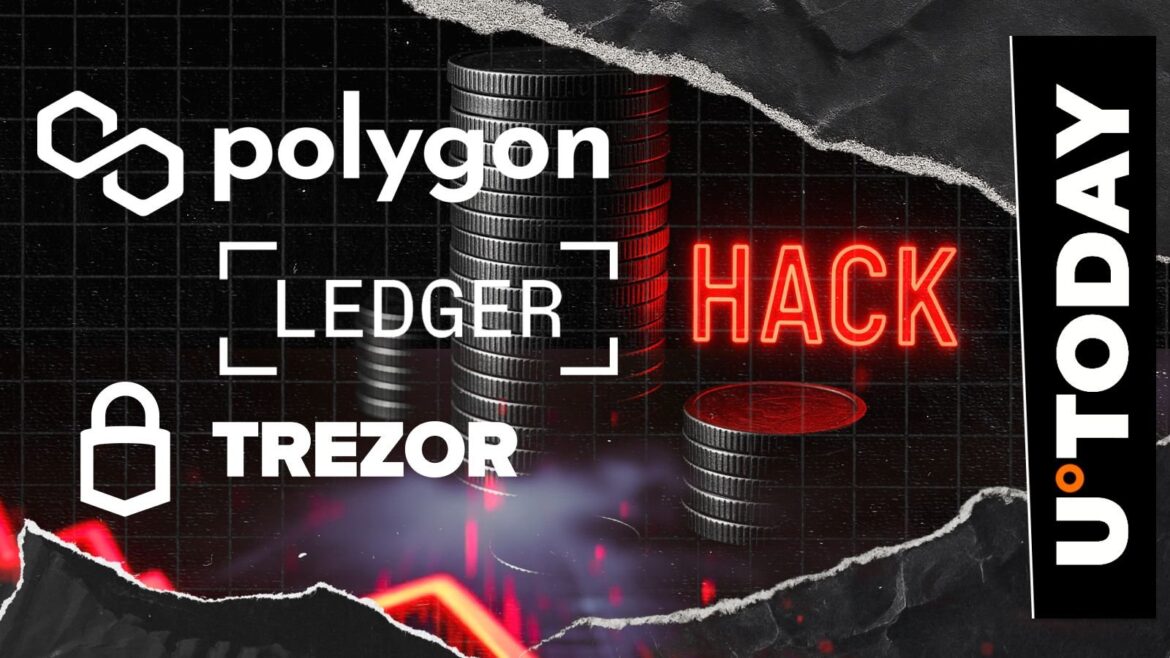Shibarium, the layer-2 scaling solution for Shiba Inu (SHIB), has stepped up its bridge security protocol. The measure comes as a measure to prevent a repeat occurrence of the exploit it suffered around mid-September. To ensure the next hack is avoided, Shibarium is restarting bridges and services.
Shibarium rolls out new security measures
As explained in an update by Shibizens, a news platform for the community, the attacker who tried to exploit the blockchain did so by manipulating checkpoints. According to the update, they did this by staking 4.6 million BONE tokens for leverage.
However, Shibarium was able to prevent the successful completion of the attack as Heimdall, the chain’s checkpoint system, automatically froze the network. This is a measure meant to protect users’ funds.
In order to prevent a recurrence, Shibarium has decided to add “blacklisting” to the Plasma Bridge. Notably, this helps move tokens between blockchains. Additionally, the chain has decided to restart paused bridges slowly and carefully. The goal is to allow users to move assets safely again.
Shibarium Update – Quick Recap
🔸 What happened
•An attacker injected fake checkpoints and tried to take control using a huge 4.6M BONE stake.
•Heimdall (the chain checkpoint system) halted to protect funds.
🔸 What the team did
•Worked non-stop for 10+ days with Hexens… pic.twitter.com/3fTjOfR4y0
— Shibarium | SHIB.IO (@Shibizens) October 3, 2025
Other measures by Shibarium include the launch of a new official RPC, which is a network access point in collaboration with dRPC.org. It will also publish a template that would serve as a manual to handle any future attempt by malicious actors on the chain.
It is worth mentioning that when the mid-September attack happened, the Shibarium team responded proactively by moving over 100 smart contracts into safer wallets. The team also added a blacklisting feature to prevent addresses from staking.
Shibizens explained that after carrying out a recovery of the 4.6 million BONE, the Shibarium team cleaned out the chain’s ledger and rolled back to the last safe state before the exploit happened.
Community response and market impact
This update is already generating reactions from the SHIB Army. One user hailed the response of the Shibarium team. He, however, expressed concerns over the blacklisting feature, wondering if this aligns with the long-term goals of decentralization.
It would appear that the attempt to restore users’ confidence is gaining traction. Regardless, the daily transaction count on Shibarium is still at low levels. According to data, Shibarium could only record 1,970 transactions and remains a major concern as it rubs off on Shiba Inu.
As of press time, Shiba Inu is changing hands at $0.00001248, which represents a 0.88% increase in the last 24 hours. Despite the slight uptick, SHIB is underperforming the broader crypto market, largely as a result of the near collapse of Shibarium transactions.










